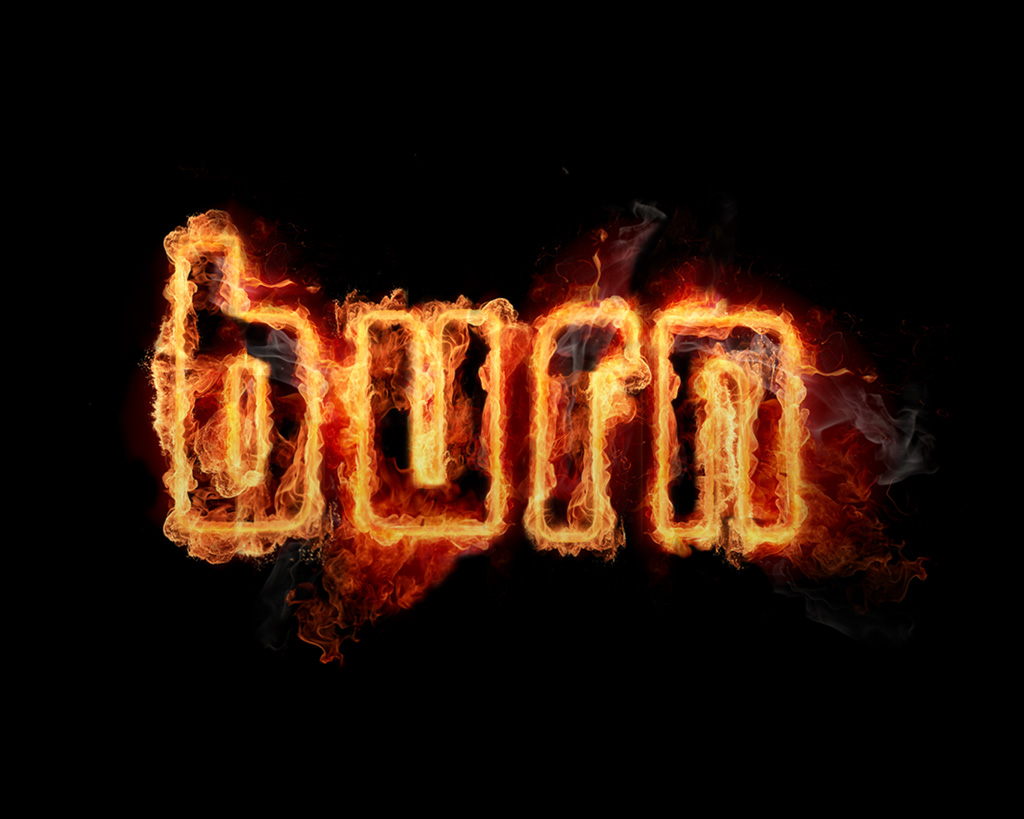Blog #2: Burn and prevention
Hi steemit friends:
Today, I will discuss one of serious injuries that is Burn.


First of all, I’ll give you the burned issue Burns:
In many high-income countries, burn death rates have been decreasing, and the rate of child deaths from burns is currently over 7 times higher in low- and middle-income countries than in high-income countries. In 2004, nearly 11 million people worldwide were burned severely enough to require medical attention.

Second, I’ll give you the impact of burn:
- The cost of direct treatment for children with burns is enormous. Indirect costs such as lost wages, prolonged care for deformities and emotional trauma, and commitment of family resources, also contribute to the socioeconomic impact.
- Non-fatal burns are a leading cause of morbidity, including prolonged hospitalization, disfigurement and disability, often with resulting stigma and rejection.
So, Who is at risk? I’ll divide 3 categories including sex, age and socioeconomic factors.
- Let’s talk about gender: Females have slightly higher rates of death from burns compared to males according to the most recent data. The higher risk for females is associated with open fire cooking, or inherently unsafe cookstoves, which can ignite loose clothing.
- Besides, age also one of risk factors: Along with adult women, children are particularly vulnerable to burns. Burns are the fifth most common cause of non-fatal childhood injuries.
- Especially, I think socioeconomic factors relates closely with this injury: People living in low- and middle-income countries are at higher risk for burns than people living in high-income countries. Within all countries however, burn risk correlates with socioeconomic status.
- Moreover, some other risk factors make the increase of burn as well:
* Occupations that increase exposure to fire;
* Poverty, overcrowding and lack of proper safety measures;
* Alcohol abuse and smoking;
* Inadequate safety measures for liquefied petroleum gas and electricity.
Moving on to the first aid. So, what should we do?

• Stop the burning process by removing clothing and irrigating the burns.
• Extinguish flames by allowing the patient to roll on the ground, or by applying a blanket, or by using water or other fire-extinguishing liquids.
• Use cool running water to reduce the temperature of the burn.
• In chemical burns, remove or dilute the chemical agent by irrigating with large volumes of water.
• Wrap the patient in a clean cloth or sheet and transport to the nearest appropriate facility for medical care.



Burns are preventable:
To sum up, as a public health worker I’d like to suggest for individuals, communities and public health officials to reduce burn risk:
• Apply safety regulations to housing designs, improve the design of cookstoves, particularly with regard to stability and prevention of access by children.
• Lower the temperature in hot water taps.
• Promote fire safety education and the use of smoke detectors, fire sprinklers, and fire-escape systems in homes.
• Avoid smoking in bed . Encourage further development of burn-care systems, including the training of health-care providers in the appropriate triage and management of people with burns.
It is hoped that the information will help people to prevent and handle the risk factors in time. Thank you for reading. If you like this article and would like to write more articles on health topics, please comment!
Better use medicines at the outset than at the last moment!
Refer to the previous post:

Your post had been curated by the @buildawhale team and mentioned here:
https://steemit.com/curation/@buildawhale/buildawhale-curation-digest-05-22-18
Keep up the good work and original content, everyone appreciates it!
Thanks very much ^^
You are a medical professional
Yes, I am ^^
bỏng mà không sơ cứu đúng cách là thua luôn, bữa anh bị phỏng pô nhưng làm đúng bài bản nó không sưng nước luôn mà ))
Đúng rồi a. Những bước sơ cứu ban đầu rất quan trọng đối với bỏng :))